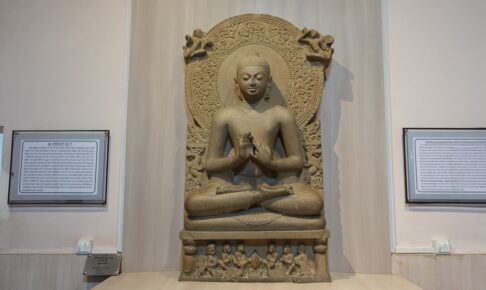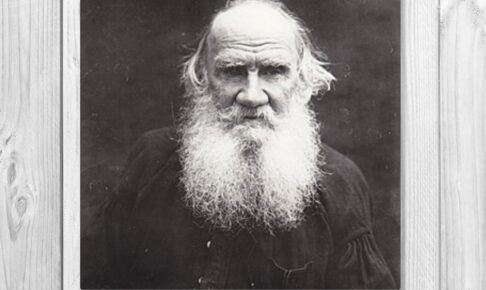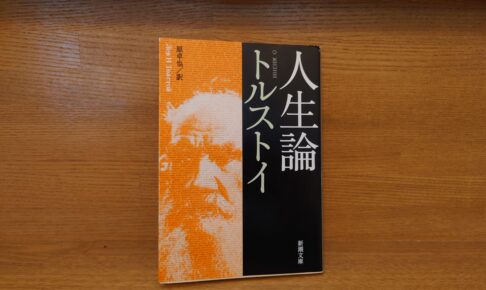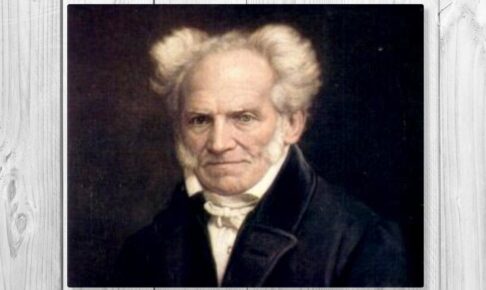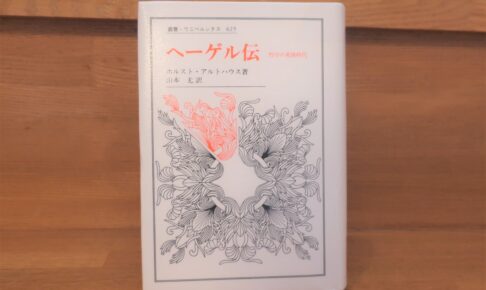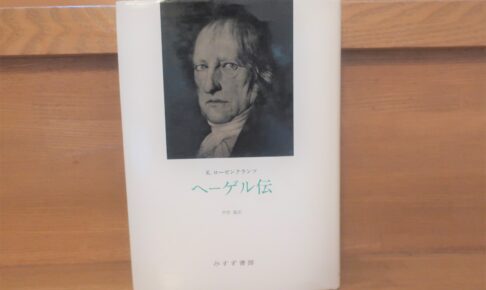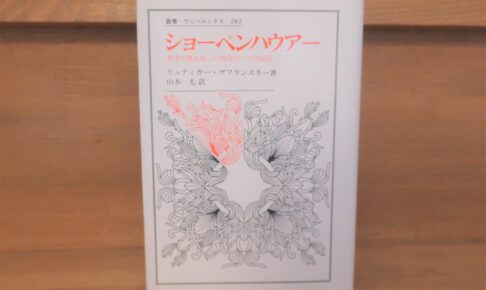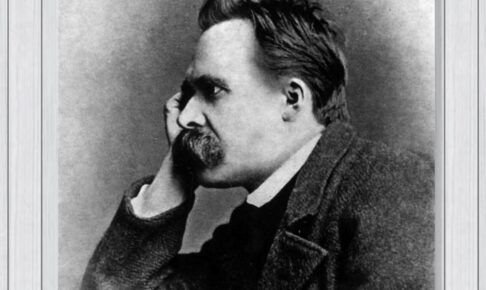The Four Noble Truths: The Four Fundamental Truths of Buddhist Teachings. Buddha teaching the path to the destruction of suffering and salvation.
In my last article, I told you that Buddha finally started preaching and that five of his fellow practitioners took refuge in him. It is said that the Buddhist Order began with this first turning of the wheel.
And in this article, I will be very brief about what Buddha taught in that first Dharma wheel.












